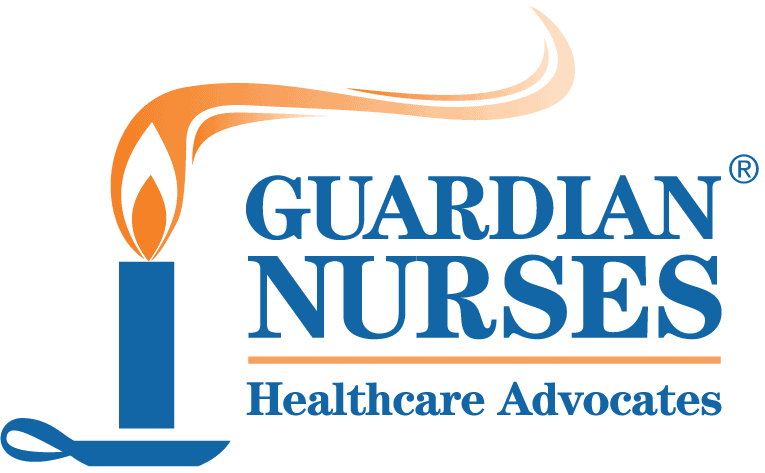Who doesn’t remember the old adage, “April Showers Bring May Flowers” as a way of explaining the wet weather we often have in April. What I didn’t understand when I was little was why I was sneezing so much! Now that I’m, ahem, ‘more mature,’ I have a much better understanding of seasonal allergies.
This winter, like many others, has been cold, dark, and long and no doubt we are all very eager for spring, but with the change in temperature, many of us find ourselves dealing with seasonal allergies.
This month’s issue of The Flame offers tips to manage your allergy symptoms. Maybe one or two might help you minimize your suffering. But just in case, keep your tissues handy!
Best wishes to all of you this spring!
— Betty Long, RN, MHA, President/CEO, Guardian Nurses Health Advocates
ACHOOOO!!! It’s Allergy Season!
Allergies! Every year we all get so tired of the cold and dreary winter and are anxiously anticipating the spring flowers, then, ACHOO! Allergies!
All of those gorgeous flowers outside have one very specific down-side…pollen. This time of year it is literally EVERYWHERE—on the blossoms, in the air, on our cars, and on our bodies. Here are some helpful tips for all ages, to help keep allergy symptoms at bay:
- Keep windows closed. Letting all of that ‘fresh air’ in also lets in the pollen. If your house gets too warm, use fans or if you have it, your air conditioning.
- Wash your hands and face as soon as you can after coming in from outside. This will remove any pollen from them.
- Don’t rub your eyes. (We’re serious—-unless you like the feeling of pollen ground into your eyes). Rubbing the eyes will only increase the inflammation and irritation. If your eyes are burning, use cool compresses, like a wet washcloth or wet paper towel. There are also over the counter allergy eye drop options as well.
- Take a shower. Especially before heading to bed. Wash head to toe to remove pollen. Believe it or not, pollen collects rather well on the hair. Unless it’s washed off, it will come off on your sheets when you’re sleeping which will only make your allergy symptoms worse.
- Blow your nose after coming in from outside and after showering. Turns out, our nasal hairs are there to protect us and collect things like pollen and dirt. We just need to help the pollen get back out. So, blow!
- Bloody nose from severe nasal allergies? Add moisture with a saline nasal spray and a tiny bit of Vaseline or Aquaphor to the nasal septum (wall) each night before bed. (Apply with a Qtip and rub in gently)
- Take antihistamines. Allergy medications, if approved by your primary care provider or specialist, can help provide reasonable relief of allergy symptoms. Depending on how allergies affect you, there are oral, nasal spray, topical, and eye drop options available.
- Allergy testing: this can be a reasonable option if you’re not able to identify what your allergy triggers are. Check with your primary care provider for more specific information about testing.
- Carry your inhaler if you have asthma. Allergies can be a huge trigger for asthma attacks and carrying your inhaler (and using it) can be the difference between keeping ahead of your symptoms and landing in the emergency room. (p.s. asthma patients….you DO have an inhaler, don’t you??)
- Bees! Stand back! Bees are coming out of hibernation and they love pollen! If you have an allergy to bees, carrying an Epi-pen is a must! (This is also a good time to refresh your memory in how to use your Epi-pen and make sure it isn’t expired. Practice makes perfect!)
- Consult your healthcare provider. If you’re having a tough time managing your symptoms, don’t hesitate to seek guidance from your healthcare provider. They can help you develop a personalized treatment plan tailored to your specific allergies and symptoms, which may include prescription medications or allergy shots (immunotherapy) for long-term relief.

